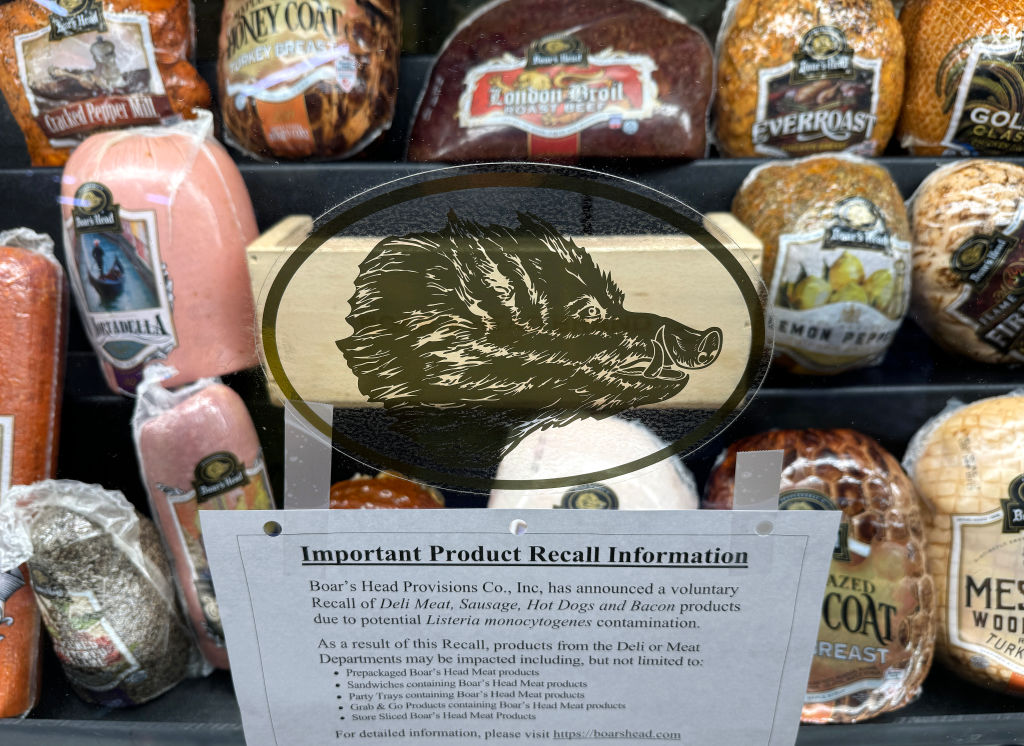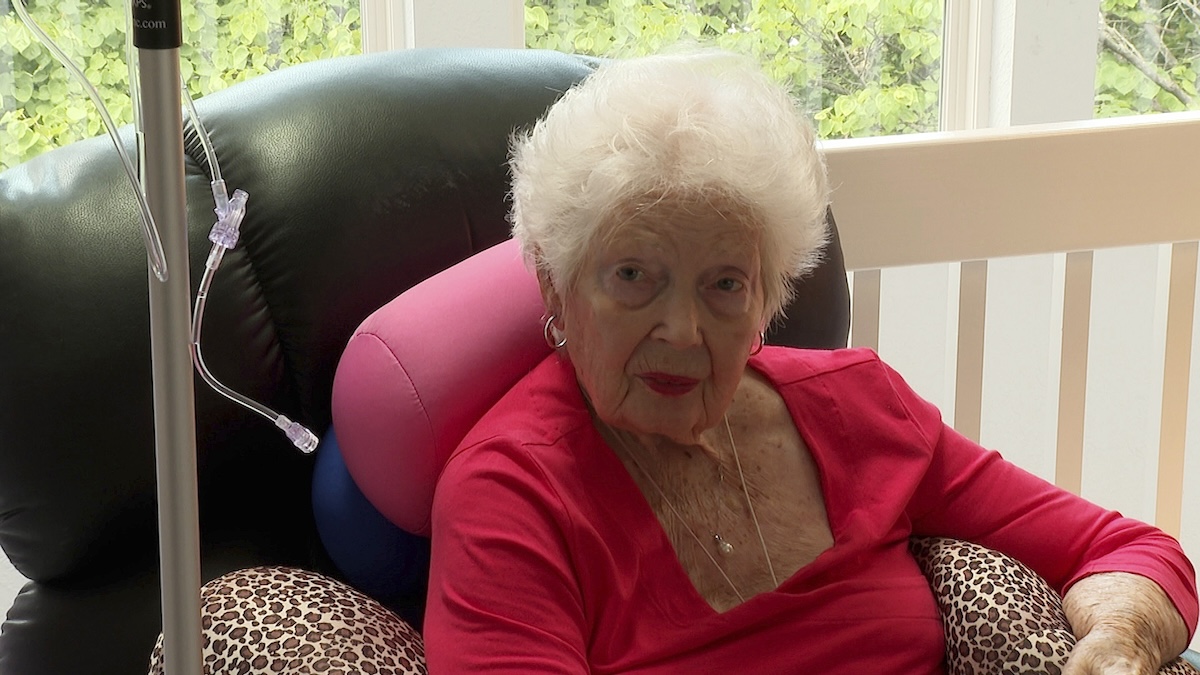
Six more people have now died from a food poisoning outbreak that led to the recall of more than 7 million pounds of deli meats, the Centers for Disease Control and Prevention announced Wednesday.
Nine people have now died as a result of the outbreak, which the agency said is now the largest listeria outbreak in the U.S. since 2011. Fifty-seven people have been hospitalized.
Health officials linked the outbreak to the popular Boar's Head deli meats, which are made at a plant in Virginia.
The new food poisoning toll includes two deaths in South Carolina plus one each in Florida, New Mexico, Tennessee and New York, the U.S. Centers for Disease Control and Prevention said. Three deaths were previously confirmed in people who lived in Illinois, New Jersey and Virginia.
Listeria poisoning is caused by a particularly resilient type of bacteria that can survive and grow even during refrigeration, according to the CDC.
Listeria bacteria thrive in moist environments, including soil and water and decaying vegetation and are carried by some animals. The hardy germs are typically spread when food is harvested, processed, transported or stored in places that are contaminated with the bacteria. When the bacteria get into a food processing plant, they can be tough to eradicate.
Many of the people in the outbreak reported eating meats sliced at grocery store deli counters. During the investigation, listeria was detected in an unopened loaf of Boar's Head liverwurst at a Maryland store; the Agriculture Department said further testing showed the same strain was causing illnesses in people.
People are sickened with listeria poisoning when they eat foods contaminated with the bacteria. Symptoms can be mild and include fever, muscle aches, nausea, vomiting and diarrhea. More serious illness can include headache, stiff neck, confusion, loss of balance and convulsions.
Listeria poisoning is tricky because symptoms can start quickly, within a few hours or days after eating contaminated food. But they also can take weeks or up to three months to show up.
Get a weekly recap of the latest San Francisco Bay Area housing news. Sign up for NBC Bay Area’s Housing Deconstructed newsletter.
Those most vulnerable to getting sick include the very young, people older than 65 and those with weakened immune systems or who are pregnant.



